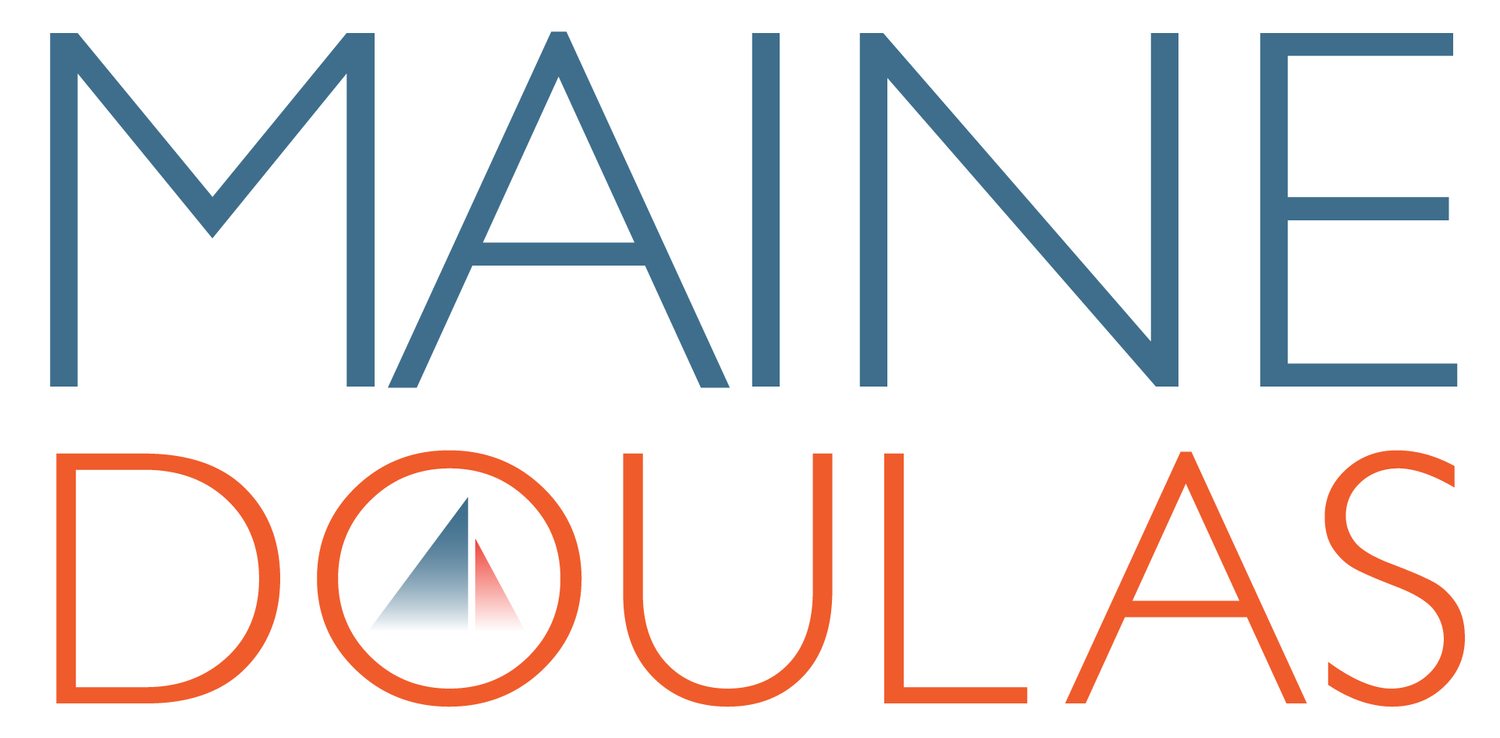Informed Consent 101
/Informed consent means good communication with your entire birth team from start to finish.
Informed consent isn't just knowing options available, but also to understand potential risks, potential benefits and alternative care practices.
Communication from the start means an open line of communication at prenatal visits and check ups. Parents have the right to outline a list of preferences for their maternity care and it is the legal obligation of care providers to offer the resources and care to meet their patient's needs, safely and compassionately.
Every parent should be empowered by their maternity team to access the information and resources they need to have the safest possible pregnancy and birth. It might seem like a given, but unfortunately informed consent in practice is inconsistently implemented in many hospitals, birth centers and facilities.
Why is informed consent important?
In order to make the important decisions for your baby's prenatal care and birth plan, you need all the options available with pros and cons from your doctor. When parents have a better relationship with their practitioners, they are less likely to require medical intervention or unplanned cesarean surgeries during birth and are able to better understand what to expect from pregnancy, labor and postpartum.
High rates of childbirth intervention leads many researchers to believe that many practitioners are underestimating their patients' abilities to make informed medical decisions and even pressure women into making hasty decisions without providing a good understanding of why the intervention is necessary, the risks, the benefits and any other course of action that is available. In the chaos of the moment many parents don't immediately identify this behavior as a breech of consent or violation of their rights.
This is not to paint a negative portrait of hospitals, prenatal care facilities or birth centers as a whole, but to help parents identify red flags and stay empowered to make prenatal and birth decisions from the very beginning.
Childbirth Education
Parents who take supplemental childbirth education workshops and classes are often more equipped to remain aware and in control as they progress through maternity services. Childbirth education courses help parents identify the different stages and requirements of prenatal care, what to expect through labor and delivery and the different resources to personalize their birth plans. Some childbirth education courses can be conveniently scheduled as an in home visit, while others are a group setting where parents can brainstorm birth plans to gain some extra peace of mind.
Parents shouldn't feel intimidated to talk to their doctors, nurses and birth team during consultations and prenatal visits. You have hired these professionals to facilitate your birth.
Take the floor and stay in the loop by learning more about your baby's development, care plans and routine check ups. A supportive relationship with your care provider and informed consent starts with your very first prenatal visit.
Make communication your top priority and always voice your questions and concerns along the way to stay empowered and feeling confident that you're making the right decisions for you and your brand new baby.

